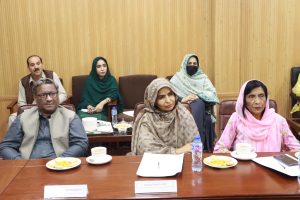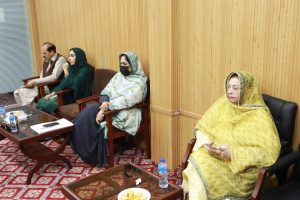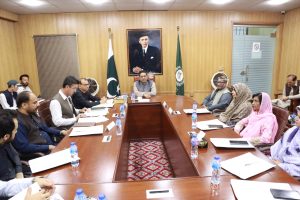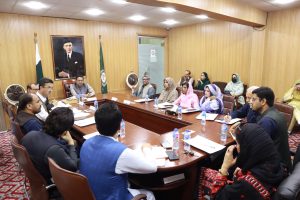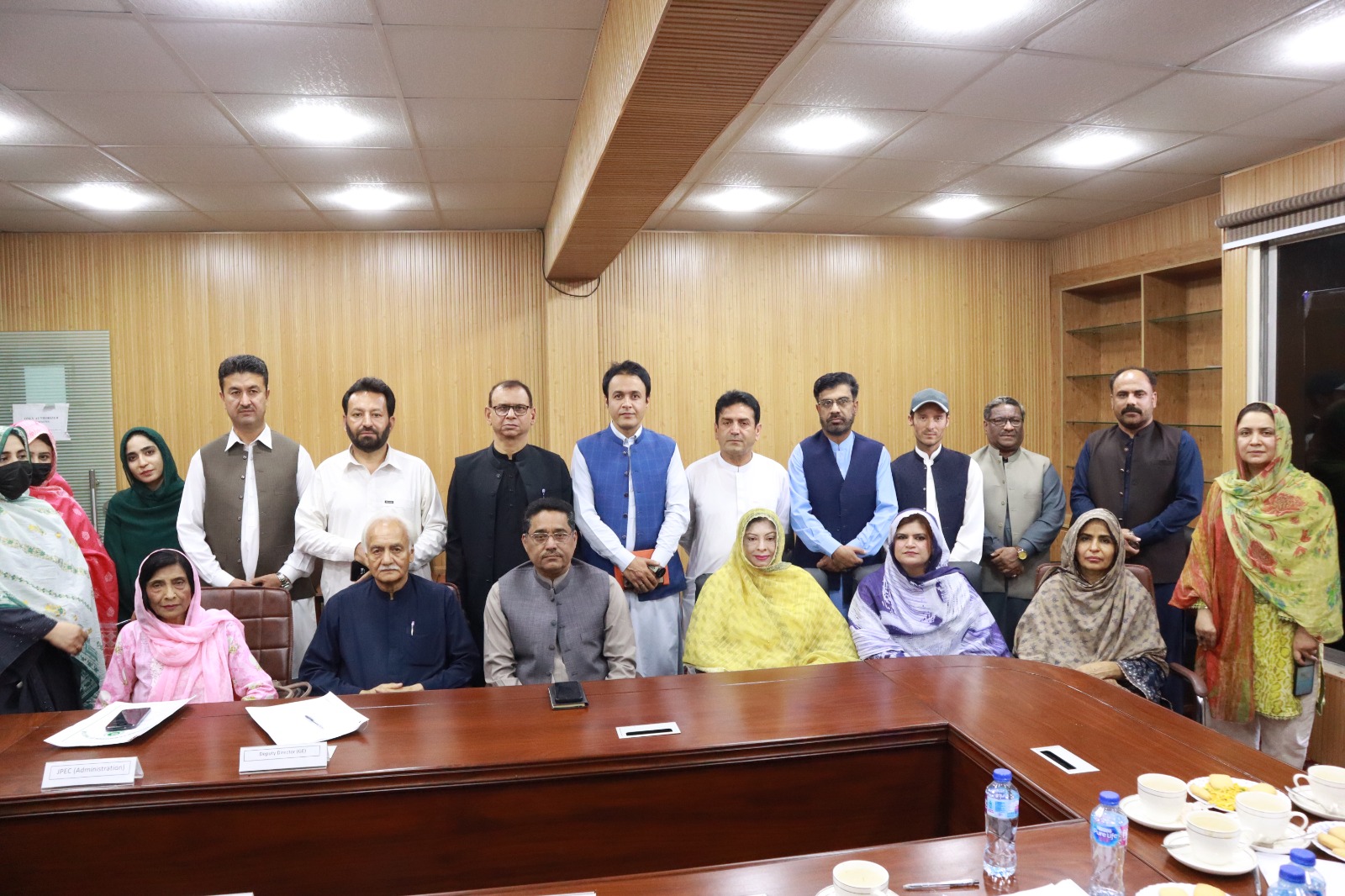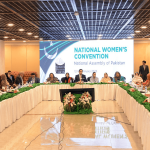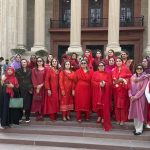Provincial Voter Education Committee Meeting, Balochistan
The 2nd PVEC quarterly meeting was held in Provincial Election Commissioner office, Quetta on 20th May 2025 at PEC Office Quetta. The meeting was chaired by Mr. Asghar Sial_Provincial Election Commissioner; participants including the committee members/representatives from UN Women, NADAR, ECP, Aurat Foundation, BCSW, Academia, Media and provincial Health, education, social welfare department of the government of Balochistan.
• The PEC formally welcomed all attendees. He shared the progress of the previous meeting, and an overview of the PEC Office’s upcoming activities planned in collaboration with stakeholders, with a strong focus on inclusion and outreach.
• The PEC office shared the development and dissemination of IEC materials, organization of civic and voter education sessions targeting women, Persons with Disabilities (PWDs), transgender individuals, and minorities, planned sessions to be held in collaboration with University of Balochistan, BUITEMS and Sardar Bahadur Khan Women University and to implement special measures to increase participation of marginalized groups and requested active support along participation from stakeholders.
• Discussion on key challenges and issues related to CNIC and voter registration with low awareness among women, PWDs, transgender, and minorities were raised. It was recommended that NADRA and the Social Welfare Department enhance coordination to address these challenges effectively.
• UN Women representatives presented updates on the Pakistan Women Leaders (PWL) project and mentioned ECP to share gender-disaggregated data to help better tailor project interventions. The office also highlighted ongoing mentorship session and discussions with the Social Welfare Department to table the Transgender Policy 2020 (developed with UN Women’s support) in the provincial cabinet.
• NADRA representative shared that the office is providing free CNICs to fresh applicants among women, PWDs, and transgender persons including lifetime CNICs for PWDs, ensuring easier long-term access to civic services.
